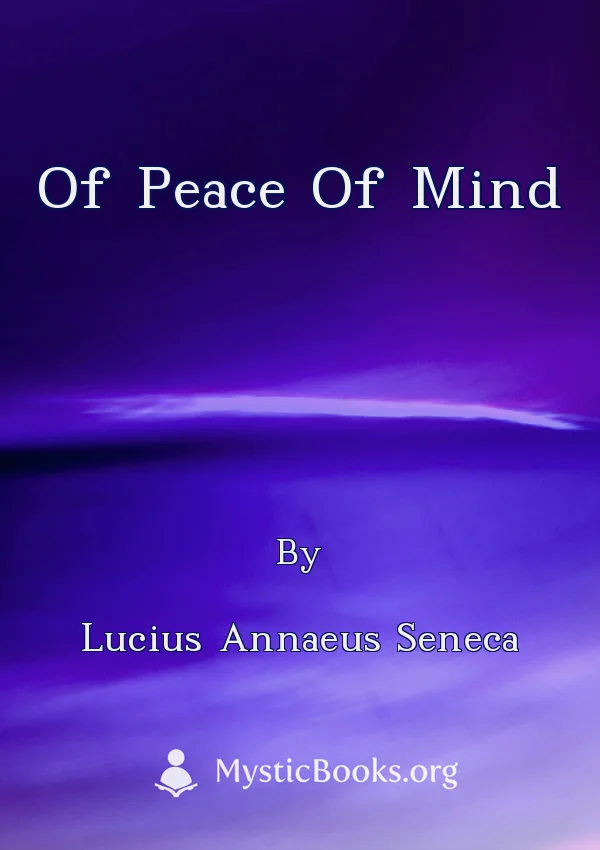
Of Peace of Mind
'Of Peace of Mind' Summary
Seneca begins by discussing the nature of peace of mind and its importance for human happiness. He argues that peace of mind is not simply the absence of trouble, but rather a state of inner calm and tranquility that is not easily disturbed by external events. Seneca then goes on to explore the various sources of inner turmoil and anxiety, such as the fear of death, the desire for wealth and power, and the opinions of others. He argues that these sources of anxiety can be overcome through the practice of Stoicism, which teaches us to focus on what is within our control and to accept what is not. Seneca concludes by offering a number of practical exercises and meditations that can help readers to achieve peace of mind and live a more fulfilling life.Book Details
Language
EnglishOriginal Language
Published In
Genre/Category
Tags/Keywords
Download eBooks
Listen/Download Audiobook
- Select Speed
Related books
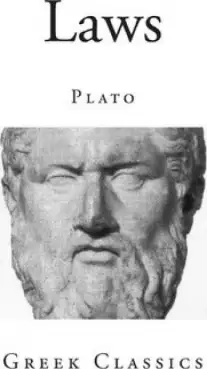
Laws by Plato (Πλάτων)
Laws is Plato's last and longest dialogue. It is generally agreed that Plato wrote this dialogue as an older man, having failed in his effort in Syrac...
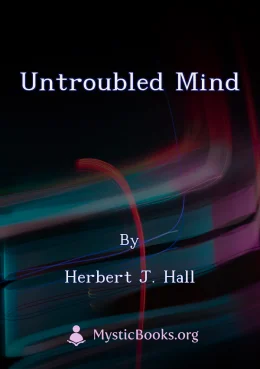
Untroubled Mind by Herbert J. Hall
Herbert J. Hall, a wise physician, posits that a patient's perception of their illness and life significantly impacts their well-being. This book expl...
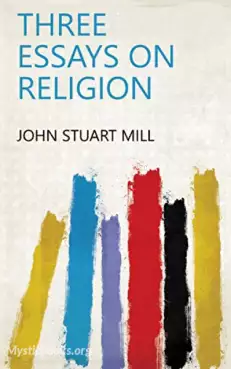
Three Essays on Religion by John Stuart Mill
In this essay, Mill argues the idea that the morality of an action can be judged by whether it is natural or unnatural. He then lays out the two main...
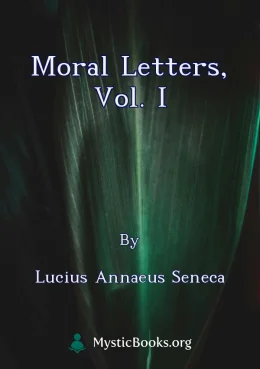
Moral Letters, Vol. I by Lucius Annaeus Seneca
Seneca's *Moral Letters* are a collection of personal letters addressed to Lucilius, a young Roman friend. In these letters, Seneca explores various a...
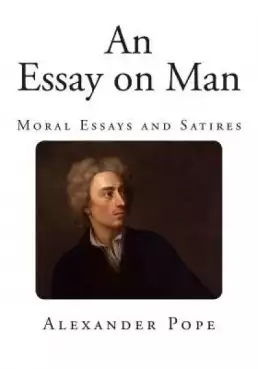
An Essay on Man by Alexander Pope
An Essay on Man is a poem published by Alexander Pope in 1733–1734. It was dedicated to Henry St John, 1st Viscount Bolingbroke, (pronounced 'Bull-en-...
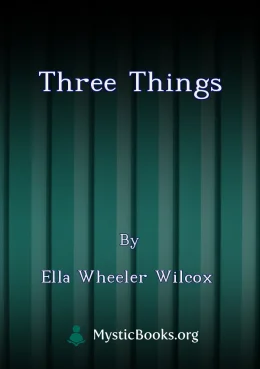
Three Things by Ella Wheeler Wilcox
This collection of poems by Ella Wheeler Wilcox delves into themes of love, faith, and the human condition. Wilcox, known for her accessible and heart...

Poems of Experience by Ella Wheeler Wilcox
This collection of poems by Ella Wheeler Wilcox explores the complexities of human experience, offering reflections on love, loss, nature, and the pas...

Aesop's Fables - new translation by Aesop
A collection of 284 fables attributed to the legendary storyteller Aesop. These timeless tales, spanning a wide range of subjects, convey moral lesson...
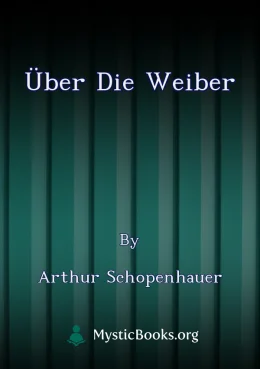
Über die Weiber by Arthur Schopenhauer
In diesem vielzitierten Essay aus dem Jahre 1851 ist Schopenhauers generell herablassende Einstellung zu Frauen zusammengefaßt. Frauen, laut Schopenha...
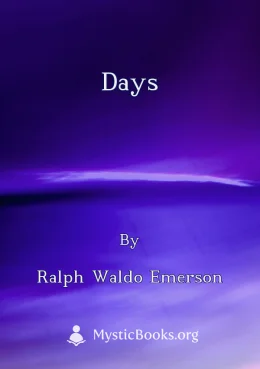
Days by Ralph Waldo Emerson
Days is a collection of 366 short essays by Ralph Waldo Emerson, each of which offers a brief meditation on a different aspect of life. The essays are...
Reviews for Of Peace of Mind
No reviews posted or approved, yet...